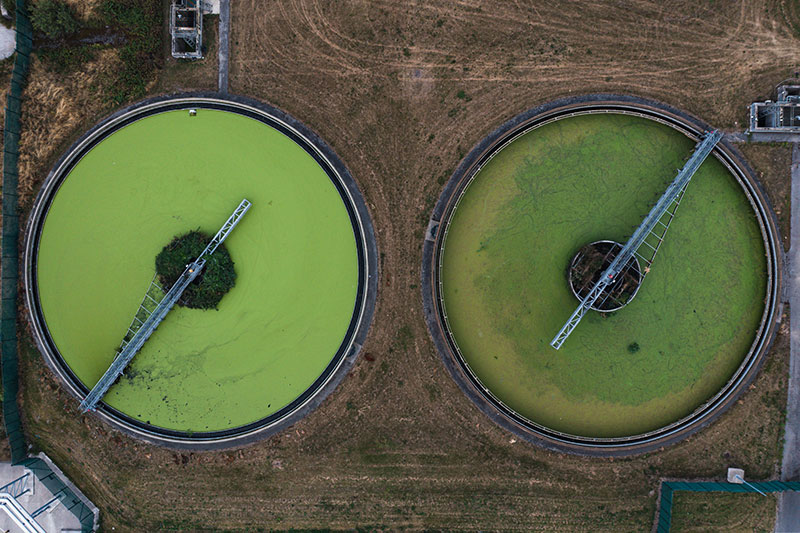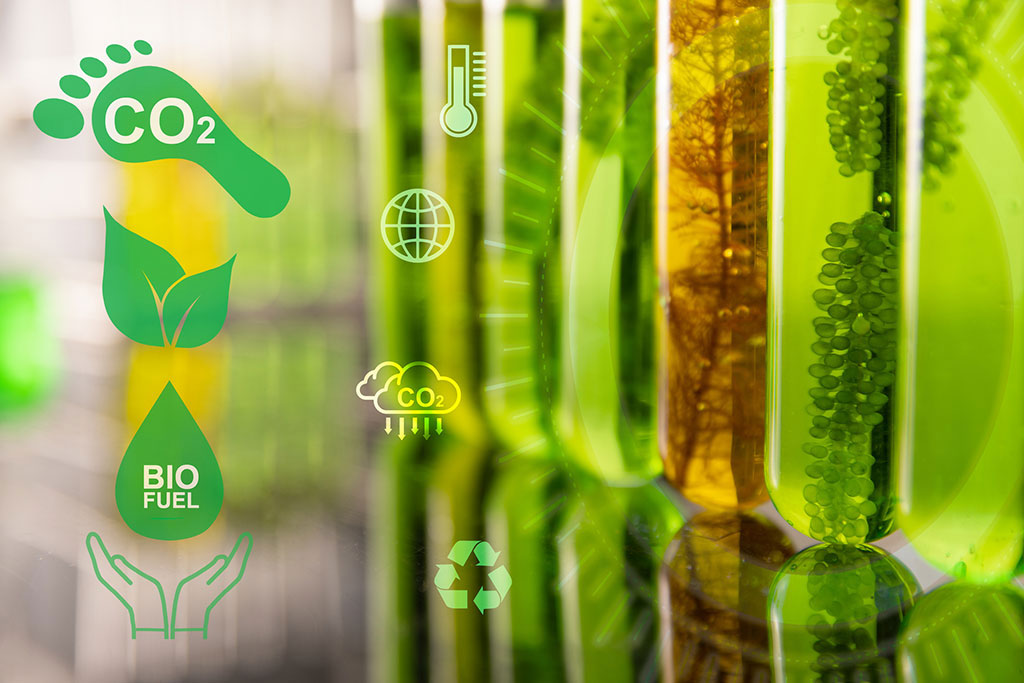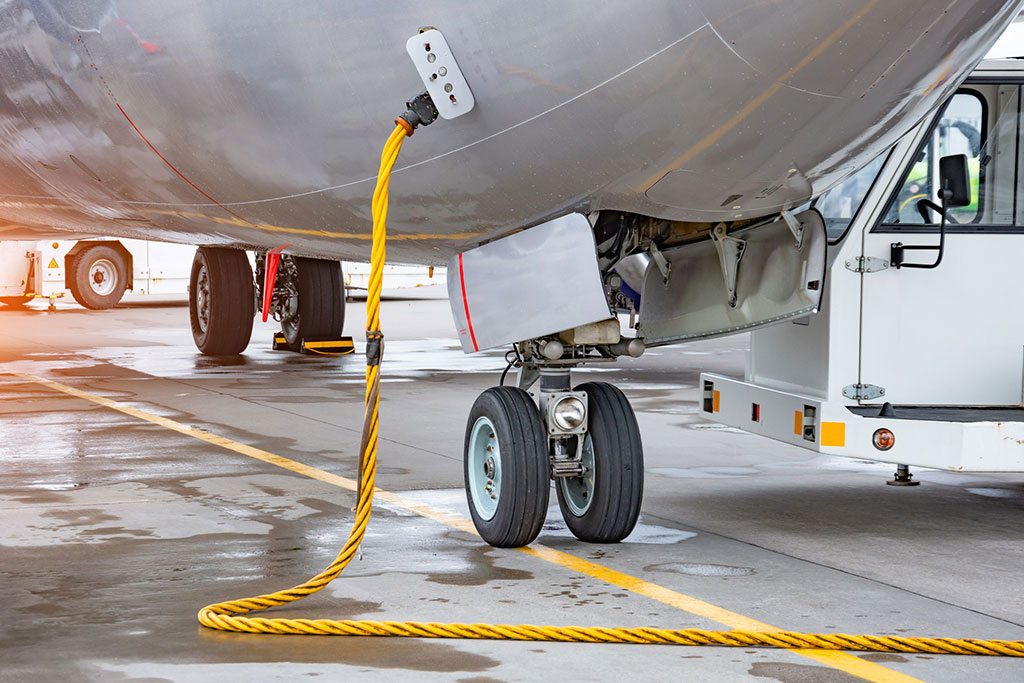


Our Solution is Ready . . . Now
EEL Biofuels’ alternative fuels are the no-compromise answer.



EEL Biofuels’ alternative fuels are the no-compromise answer.
EEL Biofuels is convinced that biofuel derived from low-carbon density, high-energy intensity algae is the most viable solution to the dilemma faced by heavy transportation in an era when the world is fully committed to the elimination of atmospheric pollution and the mitigation of climate change.

In the past, algae-based biofuels were unable to compete with feedstock biofuels on scale and cost terms because, not only had billions of dollars of investment been made in ethanol but the algal organisms were incapable of producing a sufficient amount of oil for a given quantity of algae to make commercialization viable.
EEL Biofuels scientists have genetically engineered algae that produce up to 18 grams of oil per square meter of surface area, a near tripling of yields compared with initial iterations of the technology.
Moreover, our pioneering algae strain requires a mere tenth of the acreage required by the corn/soy/palm oil/ sugar cane feedstock needed to produce the same amount of biofuel.
Engineering the genome of an organism that predates humans by hundreds of millions of years is no mean feat. Nevertheless, EEL Biofuels’ scientists, in a triumph of gene editing, succeeded in modifying natural algae strains to improve lipid productivity while ensuring the enhancements are not harmful to the ecosystem.
The result is a strain of algae that, with just sunlight and carbon dioxide (CO2), can not only produce more oil than ever before from a given area but is also capable of growing sustainably in salt water, even in inhospitable environments that experience inclement weather and significant temperature variations.


The aviation fuel and biodiesel alternatives EEL Biofuels produce are a genuine “straight-swap”; this means that they can be added to or completely replace their fossil fuel counterparts without the need for modification to equipment.
The unrelenting growth in demand for aviation, rail, commercial trucking and shipping is set to continue in the decades ahead and, by extension, demand for the 1st generation biofuels derived from feedstock will also increase.
With the population of our world surpassing 8 billion in 2022, food security is an ever more important consideration. Never has the use of arable land and freshwater been under such intense scrutiny and this will only increase over time.
EEL Biofuels’ products address this dilemma since our algae are farmed on non-arable land having been grown on a diet of sunlight, CO2 and salt water. We extract the oils from the crop and refine them into straight-swap diesel and aviation fuel using proven processing techniques.
